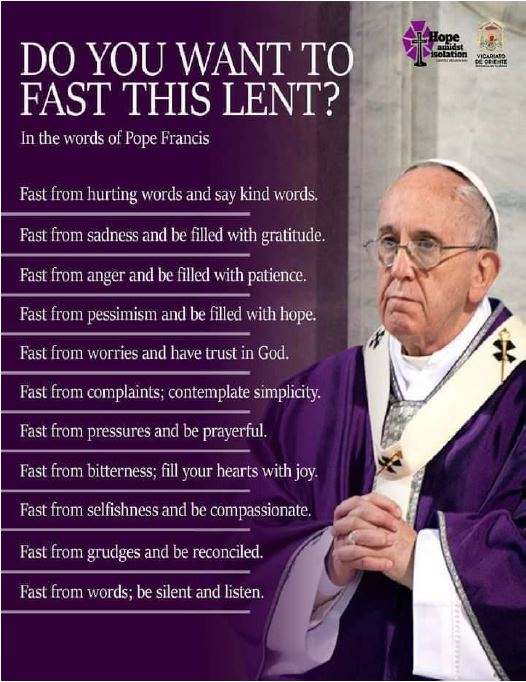Pope Francis, the spiritual leader of the Catholic Church, has consistently emphasized the importance of fostering peace and unity in a world often divided by conflict and misunderstanding. His teachings resonate with people of all faiths and backgrounds, urging them to reflect on their actions and words. Among his many profound messages, one stands out as particularly relevant for our times: the call to fast from hurting words.
This powerful message encourages individuals to practice kindness and compassion in their daily interactions. By choosing to abstain from harmful speech, Pope Francis invites us to cultivate an environment of respect and understanding. His advice serves as a reminder that our words have the power to heal or hurt, and that we all have a role to play in promoting harmony within our communities. As we delve deeper into this teaching, let us explore how embracing this form of fasting can transform our lives and the lives of those around us.
Embracing Kindness Through Words
In the words of Pope Francis, fasting from hurting words is a profound spiritual practice. It involves consciously refraining from speaking negatively or critically about others. This act of restraint allows individuals to focus on the positive aspects of life, encouraging them to express gratitude and appreciation instead. By replacing hurtful words with kind ones, we create a ripple effect of positivity that can inspire those around us to do the same.
This form of fasting challenges us to rethink our communication habits. Often, without realizing it, we may use language that unintentionally harms others. Pope Francis's message reminds us to pause and consider the impact of our words before speaking. In doing so, we not only contribute to a more harmonious environment but also enrich our own lives by cultivating patience and empathy.
Beyond personal transformation, embracing kindness through words fosters stronger relationships and builds bridges between diverse groups. It encourages dialogue and mutual understanding, essential components for achieving peace and unity in our increasingly interconnected world. Thus, this simple yet powerful practice can lead to profound changes in both individual lives and society as a whole.
The Path to Gratitude
Pope Francis emphasizes the importance of fasting from sadness and filling ourselves with gratitude. This aspect of his teaching encourages us to shift our focus from what is lacking in our lives to appreciating the abundance already present. By practicing gratitude, we open ourselves up to experiencing joy and contentment, even amidst challenges. This mindset helps us navigate difficult times with resilience and hope.
Fasting from sadness does not mean ignoring pain or hardship; rather, it involves acknowledging these experiences while choosing not to dwell on them excessively. Instead, we are invited to seek out moments of beauty and goodness, no matter how small they may seem. This intentional practice cultivates a sense of wonder and appreciation for life's simple pleasures, enhancing our overall well-being.
Moreover, expressing gratitude towards others strengthens social bonds and promotes a culture of generosity. When we acknowledge the contributions and kindnesses of those around us, we reinforce positive behaviors and encourage further acts of goodwill. In this way, gratitude becomes a catalyst for creating supportive communities where everyone feels valued and respected.
A Journey Towards Patience
Another key element of Pope Francis's advice is fasting from anger and embracing patience. Anger, when left unchecked, can lead to destructive behavior and damaged relationships. By committing to this form of fasting, we commit to managing our emotions in a healthy manner, allowing space for calm reflection before reacting impulsively. This practice enables us to approach conflicts with greater understanding and openness, facilitating resolution rather than escalation.
Patience requires discipline and self-control, qualities that develop over time through consistent effort. As we work on controlling our anger, we also grow in empathy, recognizing that others may be struggling with their own challenges. This awareness encourages us to respond with compassion rather than judgment, fostering an atmosphere of mutual respect and support.
Incorporating patience into our daily lives contributes significantly to personal growth and interpersonal harmony. It equips us with the tools necessary to navigate complex situations effectively, transforming potential sources of tension into opportunities for learning and connection. Ultimately, this journey towards patience aligns closely with Pope Francis's broader vision of building a more peaceful and unified world.

